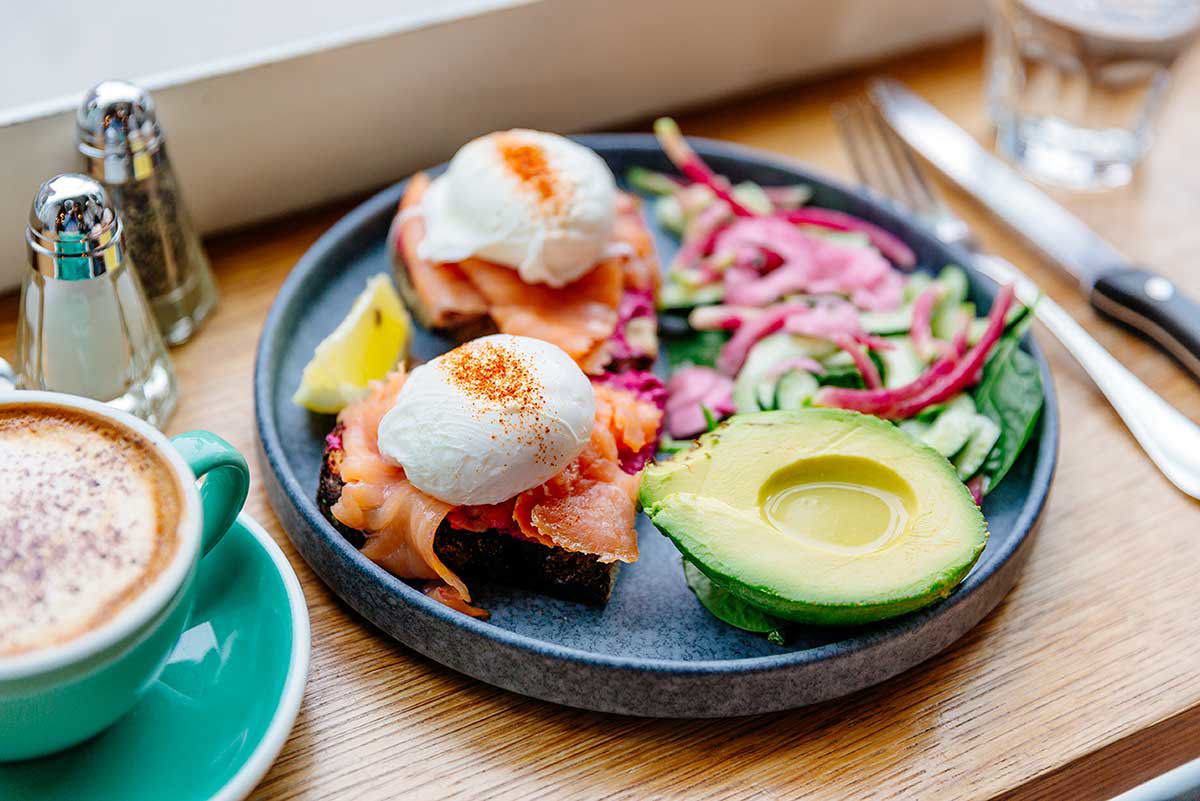Foods to boost your mood
What you eat can have a huge impact on your mental wellbeing. Here are the foods to choose, and the foods you’re better off avoiding.
If you tend to crave warming comfort foods when you’re feeling low, you’ll already know that what you eat can impact on your emotions. Nutrition research proves that the foods we eat on a regular basis can influence our overall mental wellbeing – and best of all, if you want to reap the rewards you don’t have to go looking for expensive foods you’ve probably never heard of. Some of the best foods for mental health are probably already in your fridge and pantry.
We asked psychiatrist Dr Kieran Kennedy for his advice on eating well for better mental wellbeing.
Foods for good moods
The connection between the mind and the gut is incredibly strong, says Dr Kennedy – which means what you feed your gut is super important.
“A balanced diet of foods that are high in vitamins and minerals offers a protective factor towards mental health in terms of anxiety and depression, and can also help buffer people in terms of their mood and mental health,” he says.
That means a diet high in fruit and vegetables, lean proteins, such as meat, fish or legumes, eggs, dairy, wholegrains and nuts – “basically a balanced, whole foods kind of diet”, he explains.
Tip: Speaking of protein, did you know that protein contains amino acids? These make up the chemicals that help your body regulate its thoughts and feelings.
What to limit
Perhaps not surprisingly, a diet high in sugar and processed foods can negatively impact our mental health.
“It can irritate and upset the gut for a lot of people, and we know now that the gut is intimately connected to our brain,” he says. “It looks like diets that are high in those types of foods can cause people’s mood, anxiety levels and risk for mental health conditions to increase.”
Highly processed foods include frozen pizzas, microwave dinners, crackers, chips and deli meats. And foods high in added sugars include cakes, biscuits, soft drinks, fruit juices, ice-cream, tomato sauce and some breakfast cereals. Check nutrition panels of packaged foods and ideally choose food that has less than 15g of sugar per 100g (listed under carbohydrates).
Be drink wise
Two of the most popular beverages we enjoy regularly – coffee and alcohol – can have a negative impact on sleep quality. That’s a problem, because poor sleep is linked to poor mental health, says Dr Kennedy.
“If alcohol is in our system when we fall asleep, the brain cannot sleep naturally and as restoratively as it does when alcohol isn’t in our system,” he explains. “People are often surprised by the fact that when you wake up and you feel more tired or groggy, it’s because your brain hasn’t been able to sleep as it naturally does.”
That doesn’t mean you have to quit alcohol completely if you don’t want to.
“It’s about being aware that if people are drinking alcohol regularly week by week, at moderate to high amounts, that in the long term pushes our mood down, and increases and worsens anxiety,” he says.
You can find out what moderate alcohol intake looks like here.
And if you’re someone who can’t function without coffee, Dr Kennedy suggests drinking it in the morning only. After 12pm it may prevent you from falling asleep, as the body takes a long time to fully eliminate caffeine.
“For people who suffer from anxiety and panic attacks, I always recommend that they wind their caffeine intake down, depending on how it triggers their anxiety,” he adds. (Chat to your GP or mental health professional if you need advice on this.)
The takeaway
Essentially, eating well for mental health means doing much the same things as eating well for physical health.
“Hopefully, it’s quite empowering for people to know that if you’re eating a mostly wholefoods diet, you’re not just looking after your body, you’re looking after your mind as well,” Dr Kennedy says.
